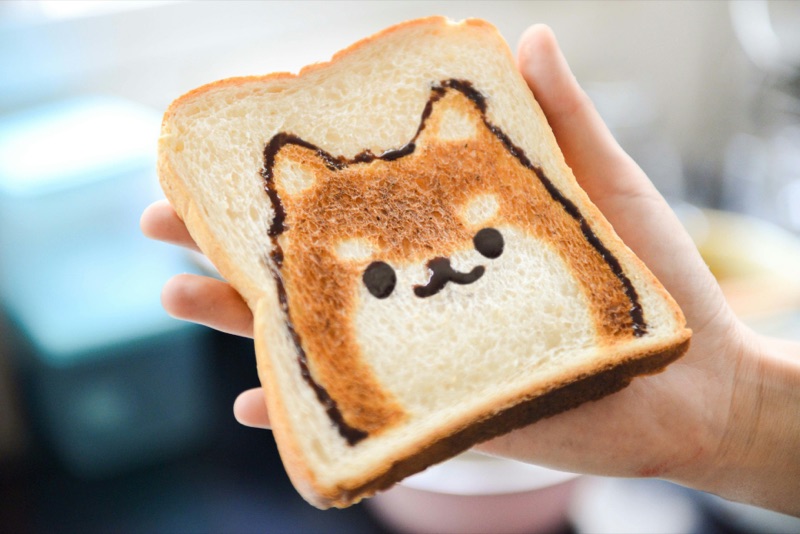
The Second "Capital Sin" of Modern Bread: Excess Gluten
Whether white or whole grain, industrial bread poses another major problem: it is overloaded with gluten. This is no longer a secret — most bakeries add gluten to the dough to obtain well-risen, soft breads that are easy to produce on a large scale.
However, gluten, this natural "glue" that gives elasticity to dough, becomes a real challenge for your digestive system when it is overdosed.
An Invisible Danger: Leaky Gut
The health implications of excessive gluten consumption are serious and often underestimated:
- Added gluten is difficult to digest, especially when it is ultra-processed
- It alters the intestinal wall by increasing its permeability
- This phenomenon, called "leaky gut," allows undesirable substances (toxins, food residues...) to pass into the blood
- Result: chronic inflammation, fatigue, digestive or autoimmune disorders
Why Could Our Ancestors Eat So Much Bread Without Harmful Effects?
This is a crucial question that helps us understand the fundamental difference between ancient and modern bread consumption. The answer lies in several key factors:
Ancient Wheat vs. Modern Wheat
Because ancient wheat and the ancient way of life were very different:
- Modern wheat (hybrid) contains twice as many chromosomes as ancestral wheat — and therefore much more gluten
- Our ancestors were not exposed to intestinal flora disruptors such as:
| Modern Disruptors | Impact on Gut Health |
|---|---|
| Antibiotics | Destroy beneficial bacteria |
| Bisphenol A | Disrupts hormonal balance |
| Pesticides | Damage intestinal lining |
| Heavy metals | Toxic accumulation |
Lifestyle Differences
And most importantly:
- They burned the sugar from bread through intense and daily physical activity
- Which is no longer the case today, with a largely sedentary life, dominated by screens and desks
Rethinking Bread in Modern Health
Today's bread, even whole grain, is often:
- Ultra-processed
- Artificially enriched with gluten
- And poorly adapted to our current lifestyles
Limiting its consumption — or replacing it with non-industrial and gluten-free alternatives — is a precious gesture to protect your intestinal flora, your blood sugar, and your vitality.
Practical Recommendations
If you choose to continue eating bread, consider these healthier alternatives:
- Seek out traditional sourdough breads with longer fermentation times
- Look for breads made with ancient grains (spelt, einkorn, emmer)
- Consider gluten-free alternatives made from almond flour, coconut flour, or other natural ingredients
- Reduce overall bread consumption and increase physical activity
- Focus on protecting your gut health through probiotics and anti-inflammatory foods
Understanding these differences between ancient and modern bread production helps us make informed decisions about our health in today's world.
Warm regards, Dr. Said-Alaoui Moulay Abdellah and the Family Clinic Team
